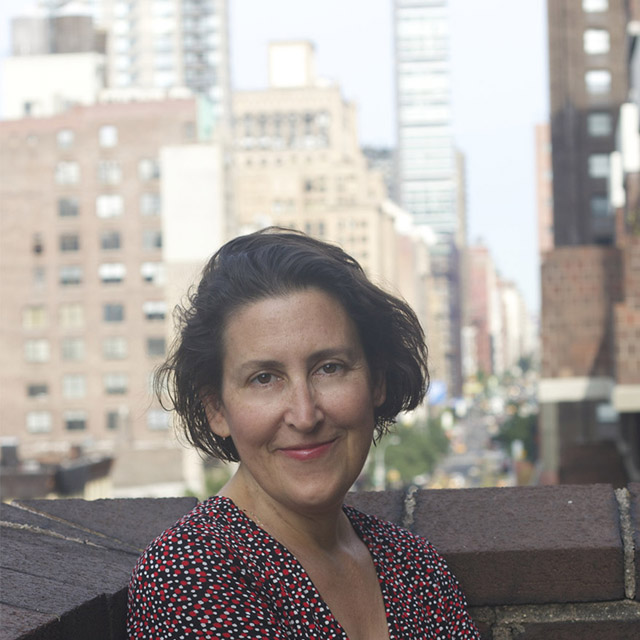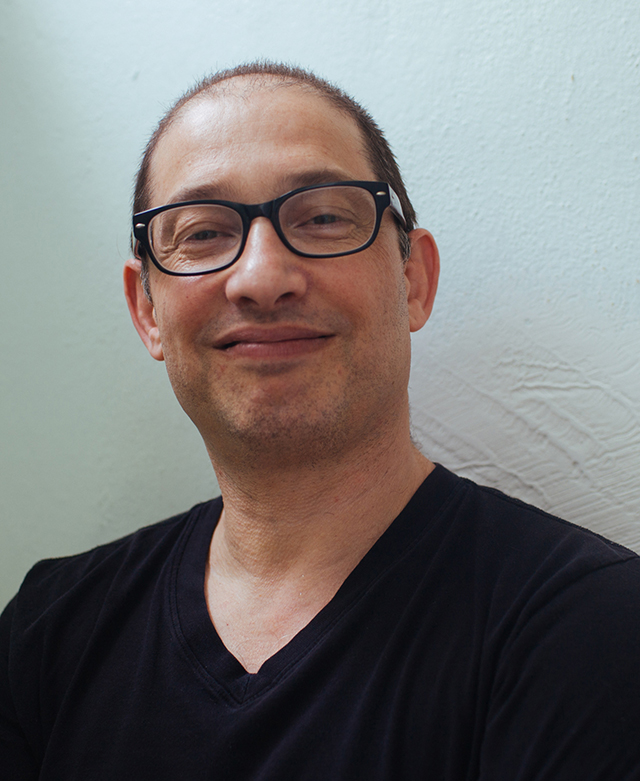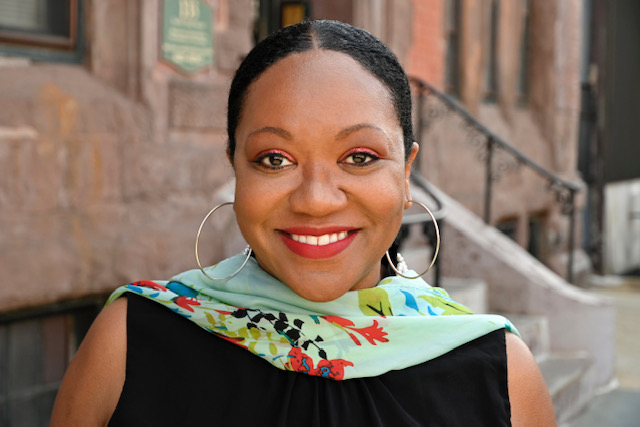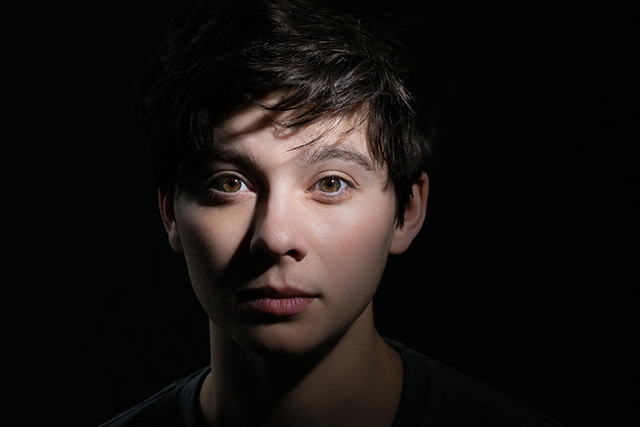Visiting Authors Highlight 2021 Drexel Writing Festival, Set for May 17-21
By Alli Fossner
May 7, 2021
In broad terms, deception is the distortion of appearances to convey a false reality. But deception can take on many forms and be used in many circumstances, and this year’s Drexel Writing Festival authors connect to the theme in various ways.
The five-day event returns virtually May 17-21, and topics range from magic to food and from criminals to self-identity. Authors uncover truths from within and investigate others. From poetry to novels, fiction to free speech, there is something to be gained by every audience.
Karen E. Bender Grapples with the World
 Karen E. Bender
Karen E. Bender
“It can be so hard, as a person in the world, to be honest—to look at oneself, or others around you in a way that is clear, that doesn't project, or entangle, or misunderstand,” said Karen E. Bender. “This is so useful in fiction, when characters aren't honest with themselves, or others; there's a great energy in fiction, the lie that is true.”
Bender, a National Book Award finalist and author of The New Order, will read about a moment of dishonesty in a friendship that has reverberations for years to come and hold a fiction workshop directly afterwards.
“I like writing about the world, in all its urgency, and how it impacts the individual,” she said. “Fiction can address the world in a way that is different from an op ed. We participate in the characters' emotional reactions to events, and that can help us understand the larger issues around them.”
Robert Anthony Siegel’s Life on Both Sides of the Law
 Robert Anthony Siegel
Robert Anthony Siegel
From the issues of the world to the issues within one family, award-winning author Robert Anthony Siegel joins Bender for a reading about his time as a Japanese-speaking tour guide, followed by a memoir workshop. Deception is easy to spot in his book Criminals: My Family's Life on Both Sides of the Law.
“That basic human problem—how and why we move away from the truth—has interested me for a long time,” said Siegel. “And of course, it is increasingly relevant to our civic life right now … Writing is always an act of self-surprise. I never know what I think or feel until I write it down. So, maybe that was the big surprise [about writing of his family and upbringing]: what fundamental strangers we are to ourselves.”
Writers that attend Siegel’s workshop will work with imagery and how to use that tool when writing a memoir.
“I'm going to start at the very beginning,” said Siegel. “What is an image? How does an image work? I'm going to use the short Japanese verse form called haiku to get us started. Haiku is the best way I know to practice image-making, and its focus on seeing the physical world with exactitude is really useful for every kind of writer, including the memoirist.”
Artress Bethany White Shines a Light on America’s Racial Issues
 Artress Bethany White
Artress Bethany White
Connecting her own experiences and history to America’s racist past and present, Artress Bethany White uses storytelling to build her readers’ social justice literacy and allyship skills. The poet, essayist and literary critic will read from Survivor’s Guilt: Essays on Race and American Identity, a book that looks at what it means to be Black in America.
“Over the past decade, I have faced the challenge of raising a transracial family in the South, reckoned with being descended from one of the largest slaveholding families in America, and faced the history of a nineteenth-century ancestor being lynched by the KKK,” said White. “As I worked to assess these realities, I marveled at how my experiences were echoed in the trauma of a nation under siege from domestic terrorism, gun violence and racism. In the spirit of healing, I share Survivor’s Guilt: Essays on Race and American Identity with a public searching for answers to America’s complex racial dilemma.
“[I hope for students to take away] that social justice literacy and allyship are essential skills and necessary considerations as they continue their education and progress in their professional lives.”
Kayleb Rae Candrilli’s Journey to Peace and Calm
 Kayleb Rae Candrilli
Kayleb Rae Candrilli
Whiting Award-winning poet Kayleb Rae Candrilli is the author of Water I Won't Touch, All the Gay Saints and What Runs Over. They will give a reading, as well as host a workshop on the final day of the Writing Festival. The transgender poet went to the University of Arizona with dreams of becoming a Division I softball player, but a case of mono derailed their career before it ever started. Instead, they attended a poetry reading by Sister Spit, a group of queer writers and artists. The gravitational pull towards poetry was too strong for Candrilli and they have been writing ever since.
“When I look at the arc of my three books, I feel very comfortable with how they mirror who I was during their creation, how they echo my maturity levels, as both a writer and as a person," said Candrilli. “I think in that way, they are best read chronologically, perhaps especially for a younger writer—or at least I hope they can be useful in that way.
“If my first book was all trauma and overcoming and coming out, then the second book was all flamboyance and joy and agency and camp, and the third is peace and calm and just being alive and happy to be so,” continued Candrilli. “I feel like this arc is familiar for a lot of queer people. I feel camaraderie in that.”
In a year that has felt isolating for so many, stories can help connect us to the greater human experience.
“Truly, I think story and narrative are the only ways in which humans truly expand their capacity for empathy—be it their own lived experience or the stories and lived experience of others,” said Candrilli. “I think that’s why we should all pay very close attention to the defunding of libraries, and to the inequitable access and skyrocketing cost of internet. If stories are our gateway to empathy, which I vehemently believe they are, the access to story should be defended at all costs.”
Other Writing Festival Highlights